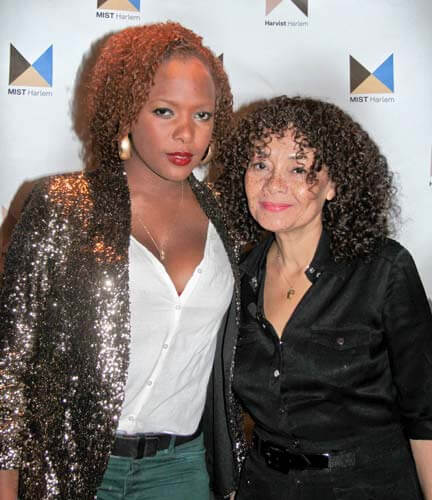Several pieces of pro-voter legislation aimed at improving the electoral process, including bills authored by Council Members Gale Brewer, Jessica Lappin and Jumaane Williams will be discussed by the Committee on Governmental Operations at City Hall on Wednesday, Dec. 5 at 10:00 a.m.
This follows a meeting last week on the steps of City Hall by elected government officials joined by good government advocates to propose an agenda of legislative and policy reforms that would overhaul the elections process in the five boroughs.
During the recent Presidential elections a woman in Fort Greene waited to vote for two and a half hours; voting at other sites took hours more. Some registered voters’ names had “fallen off” the registration roll. Ballots were hard to read. At some sites, scanners that count the votes were broken. Sites suffered from disorganization.
Adding to the confusion, these snafus coupled with the Governor Cuomo’s proclamation responding to hurricane Sandy displacement of residents and polling sites, which allowed voting for president by affidavit at any polling site.
Historically blue–Democrat, New York State is not a swing state, so it was commonly acknowledged that the numbers were fortunately not as critical as Ohio. None-the-less, the myriad of election day problems raise grave concerns about New Yorkers political franchise.
“We recognize that the effects of Sandy posed particular challenges for administering last week’s election, but we also know that many of the problems voters experienced are perennial and many resulted from the ways the new paper-ballot system was implemented,” said Assemblymember Brian Kavanagh of the Subcommittee on Election Day Operations and Voter Disenfranchisement.
Hurricane Sandy was not blamed for all the problems.
At the City Hall press conference, among the key steps put forth to improve elections were: Fixing the voter registration system to make it easier to enroll and keep records up to date, better notice to voters of polling sites and dates for upcoming elections, and greater use of alternative forms of notification–email, text, or automated phoning.
Also presented were: eliminating voter cards, a relic of the lever system that would speed up the voting process.
Also, insuring proper training for poll workers and allowing eight-hour rather than 16 hours shifts and encouraging City and State employees to serve.
Mentioned were increasing the use of technology at poll sites to expedite sign-in of voters and improving the ballot design.
The old system for the size of a voting district, based on the lever machines that could only count up to 999 votes in each election is being questioned. It is being suggested that electoral districts be combined, meaning there would be fewer different “tables’ to direct voters to within poll sites.
Early voting (state legislation A5153), which would alleviate the pressure at the polls particularly in highly contested elections, no-excuse absentee voting and a streamlining of the tabulation process are also among procedures being proposed.
Citizen advocates and city and state officials alike bristle along with a concerned and frustrated public at a seeming assault on our democratic process. All the points discussed are important for reform, some that can be immediately addressed, others part of a long-term reform strategy.
“We cannot allow the Board of Elections to continue to operate in a way that’s counter to the best interests of voters, ” said Manhattan Assemblyman Dan Quart.


























